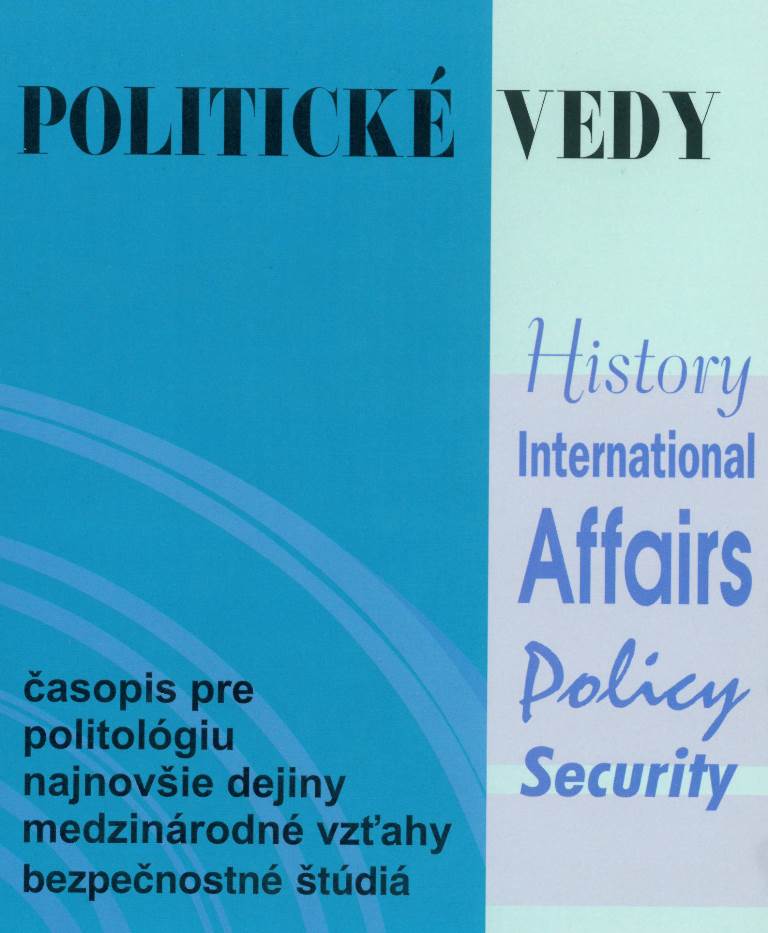Rusko, demokracie a postsovětský prostor – vybrané aspekty politického myšlení Alexandra Solženicyna
Russia, Democracy and Post-Soviet Area – Some Aspects of Political Thought of Aleksandr Solzhenitsyn
Author(s): Vladimír NaxeraSubject(s): Politics / Political Sciences, Politics and society, Politics and Identity
Published by: Univerzita Mateja Bela
Keywords: Solzhenitsyn; Russia; Liberalism; Democracy; Near Abroad; Post-Soviet Region; Nationalism;
Summary/Abstract: Aleksandr Solzhenitsyn, one of the most prominent and widely known authors of the 20th century, winner of the Nobel Prize in Literature and also significant political thinker, surely does not require an extensive introduction. For decades, his famous novels have enjoyed popularity among a massive base of readers. We know that Solzhenitsyn’s life journey ranged from a shift toward communism and involvement in operations during WWII to his experience in the gulag and his exile work, his departure to the West, and his return to Russia after the fall of the Soviet Empire, where he died in 2008. This paper does not focus on Solzhenitsyn’s work from a literary-science perspective; its aim is to characterize the most important elements of the author’s political thought, which is primarily present in a wide range of public political journalism articles. The first chapter of the paper focuses on Solzhenitsyn’s critique of the Soviet establishment, while the second explores the author’s attitude toward the West, liberalism, and democracy. In the last section of the paper, attention is given to the third important thematic field – Solzhenitsyn’s view of the relationship between Russia and post-Soviet states, evaluation of the legitimacy of their independence, and of Russian nationalism, which is unambiguously linked to this issue. As the author shows in this article, Solzhenitsyn’s political thought is nationalistic, conservative and related to Orthodox Christianity and idea of „Holy Rus“ and legacy of Kievan Rus. In his view here is no place for independent Ukraine and Belorussia. This idea is shared by number of Russian politicians. Knowledge of his political thought thus contributes to understanding the wider context of East European politics.
Journal: Politické vedy
- Issue Year: 20/2017
- Issue No: 3
- Page Range: 28-44
- Page Count: 17
- Language: Czech

